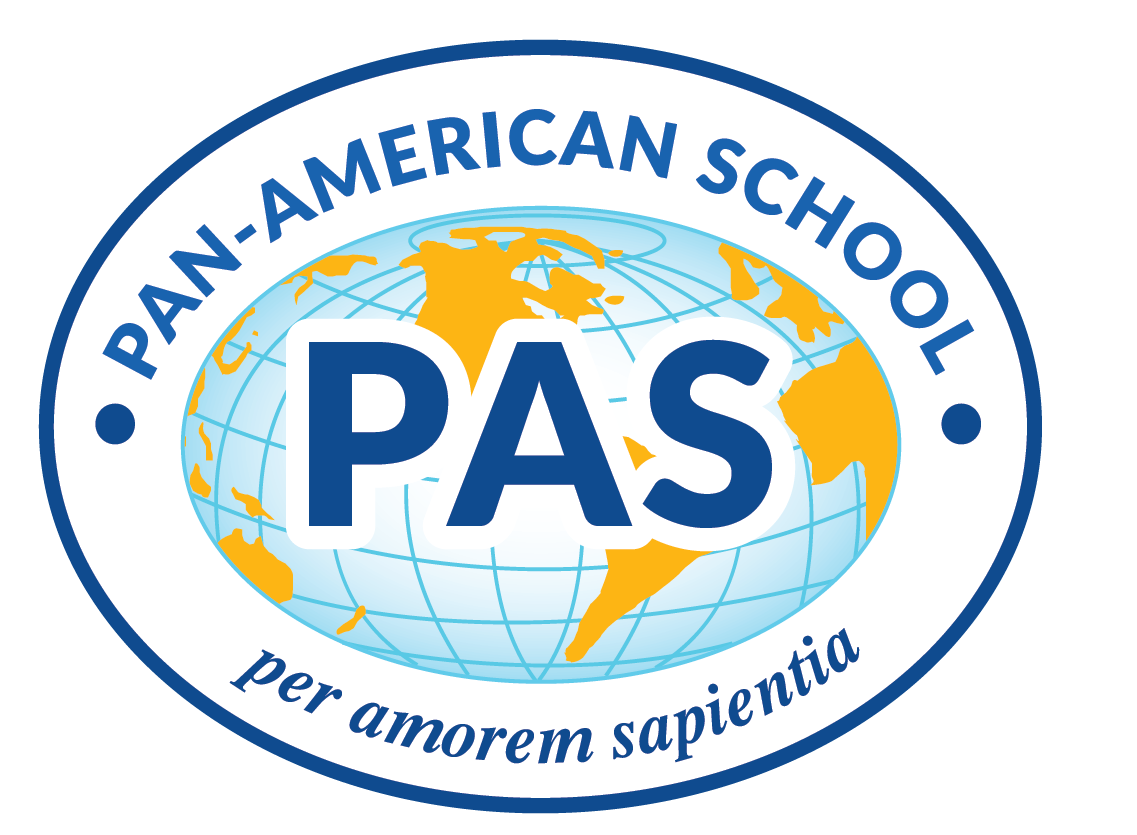PLT Leadership Retreat on the Future of Learning at PAS
In July our Extended Pedagogical Leadership Team (PLT) engaged in an off-campus retreat. Our work centered around 3 core areas which will help us deliver on transformational, future-ready learning at PAS:
- Learner Autonomy & Engagement
- Inclusiveness of Learning and
- Learning Community
We have unified these 3 areas under our Community Strategic Priority, which helps to provide the overarching vision of what we strive to develop in our shared community:
Some of the areas of action that came out of this working group include:
- Developing a shared understanding of what Learner Engagement & Autonomy looks like in practice, and working to embed that across the student experience.
- Using the new PAS Skills for Success rubric across Secondary School to foster Learner Engagement & Autonomy.
- Identifying how our master schedule can best support these three areas moving forward.
- Identifying how our use of space best facilitates these 3 core areas, and how we can modify, evolve and transform our spaces to better deliver them.
- Improving our student onboarding and transition process.
- Increasing parent engagement in the MYP conferences and other learning-related events.
- Embedding celebration of learning events in each grade level across PYP.
- Increasing parent engagement and connection through relevant and actionable parent workshops.
- Developing greater student autonomy and choice through our expanded Flex Program in Secondary and Primary.
- Identifying ways to authentically extend learning and service across the community.
- Supporting our faculty through ongoing professional learning and collaboration related to these areas.
- Strengthening our school community identity.
- Reviewing how we support student learning across the curriculum in areas such as language development, neurodiversity, etc.
- Reviewing and aligning our approach to Learning Support and Language Acquisition to improve impact on learning.
- Implementing multidisciplinary intervention teams to support core aspects of learning such as mathematics, social and emotional learning, literacy, and more.
Many of these align with important lines of work that the school has been engaged in, and provide a natural “next step” in our journey of development. We look forward to working across the community to deliver these, and enhancing student learning in all its aspects.
Collaborative Learning Protocol (CLP) Process
The 3 areas of focus arose out of our NEASC-IB Collaborative Learning Protocol process, 18-month professional-reflection and inquiry process during which all faculty - teachers, learning assistants, learning support teams, extended leadership teams, administration etc - explored 5 core aspects of our learning community:
As part of this process, each of the groups developed an understanding of:
- What these areas look like in practice
- What is our current state of development
- What is our future vision
- What major actions will help us deliver on this future vision.
Each of these working groups made a series of proposals and recommendations which were then refined and updated based on feedback from the learning community (faculty, students and parents).
In May and June the PLT met to review the proposals and select 3 core areas that will inform our focus over the coming years. In reviewing these, we recognized that each was important and relevant in it’s own right, but we identified 2 - Learning Space & Time, and Assessment - as stepping stones on the way to delivering transformational and impactful learning at PAS. Our thinking is that:
- How we intentionally use space and time to create transformative learning experiences at PAS is an important, ongoing and central area of focus.
- Assessment practices, and how we can collect evidence of learning and growth, have been important areas of focus across PAS in recent years: in 2020 we introduced our Professional Learning and Growth model for all faculty; our ECE, PYP, MYP and DP teams have made important strides in moving to a model that supports growth and feedback on the learning process; understanding student growth in relation to literacy development, mathematical understanding and application, conceptual learning, and more.
Beyond these, the 3 major areas of focus we have identified for the coming years are:
- Learner Autonomy & Engagement
- Inclusiveness of Learning and
- Learning Community
We see these as the best levers to support the development of future ready learners at PAS and we look forward to continuing to embed these into our learner's experience over the years to come.
I hope that this shares an insight into some of the reflections, conversations and initiatives that our faculty and leadership team are engaged in as we continue to reflect on how to deliver on our mission and vision.
Alan Wrafter
General Director
Would you like to share your feedback on any of the above? Please feel free to share your comments here.
